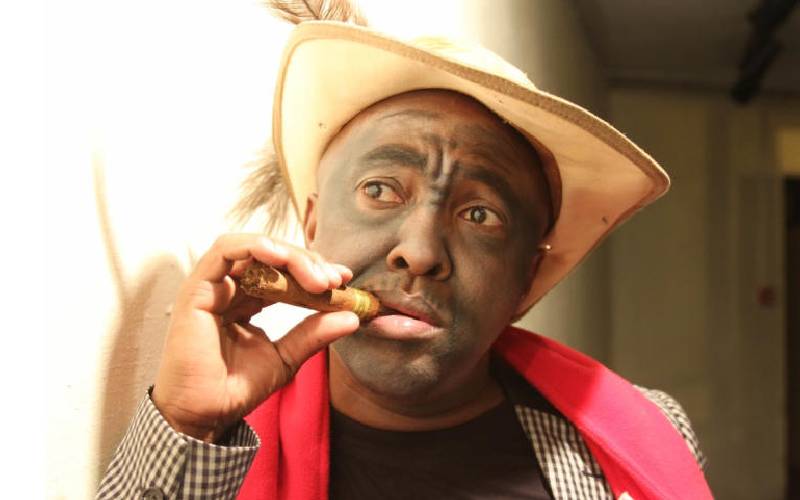×
The Standard e-Paper
Kenya's Bold Newspaper

Sammy Mwangi, director of Heartstrings Entertainment. [Courtesy]
Many have watched his plays, but few can put a face to the name behind one of Kenya's theatre powerhouses.